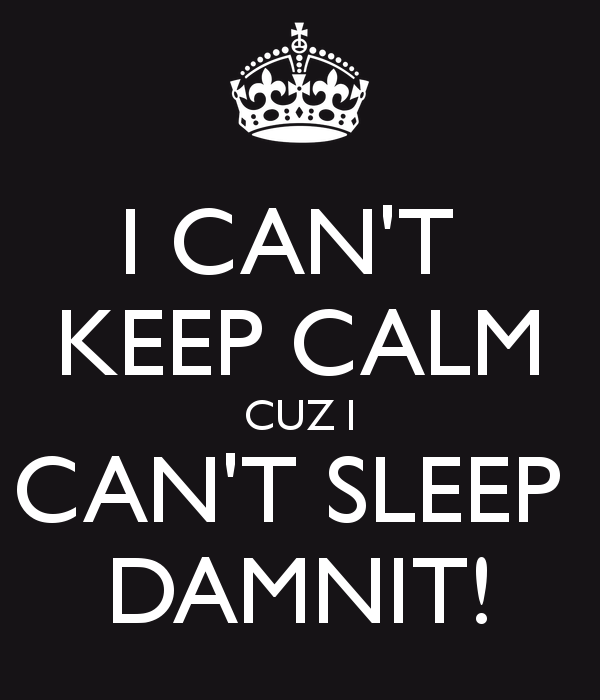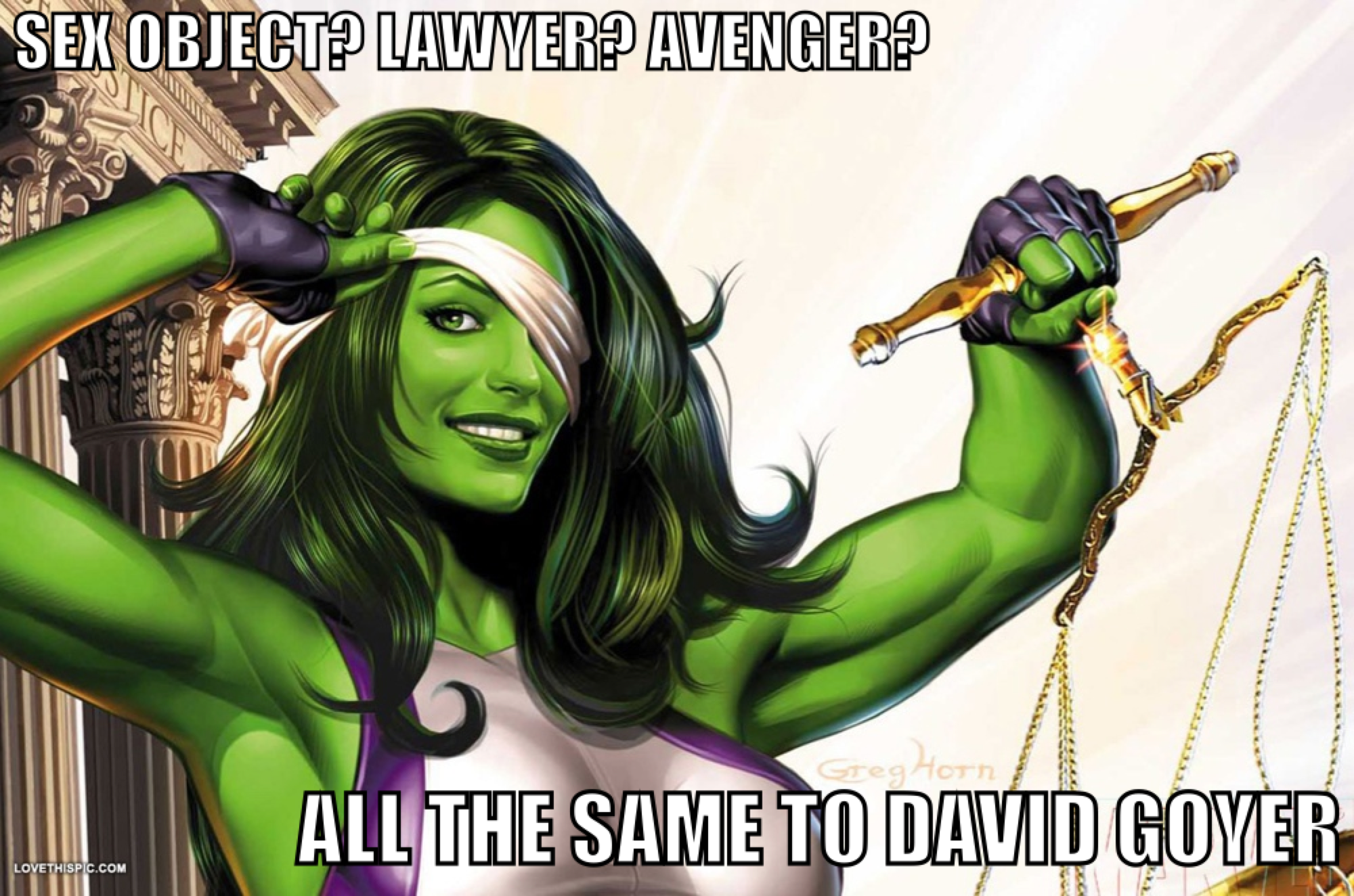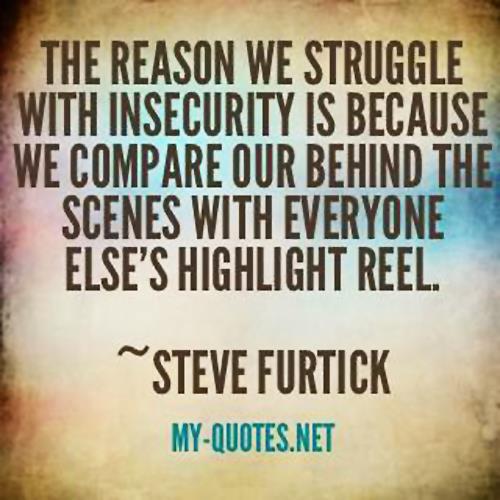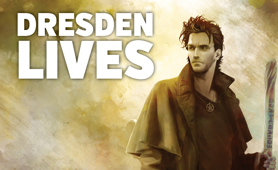Warning: This post is about the Isla Vista shooting in California. It will have discussions about sexual violence, murder, misogyny, feminism, and more. It will also have personal content. And it’s long. Reader discretion advised.
For the third night in a row, I woke up in the early morning before dawn, and I couldn’t catch my breath. I sat up in my room and tried to calm down. The last two days, I didn’t remember my dreams. Today, I absolutely do. I got up, washed my face, and now I’m sitting here typing this.
I haven’t been able to get a good night’s sleep since the Isla Vista shooting.
In the grand scheme of things, I’ve got a lot on my mind right now. I just graduated grad school. I was just on the west coast for an unbelievable WyrdCon. I’ve got a fantastic book project I’m working on. I’m facing some crazy health issues. There’s a lot on my mind. Yet since I heard about the shooting in California while I was in LA, I haven’t been able to sleep well. I’ve woken up in the middle of the night, every night. I’ve been keyed up, stressed, losing my temper. And it’s getting worse. Because so has the coverage of the event and the subsequent response in social media to the discussion of misogyny and violence against women.
The events of the Isla Vista shooting and the discovery of the manifesto by Elliot Rodger has sparked a debate around the world that has been bubbling up just under the surface for ages. (Do yourself a favor: don’t read it or watch the YouTube video of that monster if you want to sleep again). The news is tackling questions of the objectification of women, of feminist thought, and masculine entitlement and even the toxic fallacies of masculine culture. Most of all, the fantastic hashtag #YesAllWomen erupted with stories of women’s experiences around the globe, sharing the horrors and the cautionary tales, desperately trying to get the world to hear them. This hashtag, over one million tweets strong, has been instrumental in casting a light into the dark corners of accepted misogyny, casual mistreatment and brutal violence against women that has been a part of our so-called liberated, modern culture. Here, I thought, here is a chance to see this issue tackled in a meaningful way once and for all.
And then. And then came the other responses. The trolls, who have made it their business to harass women (and men) who commented on #YesAllWomen, who go out of their way to verbally harangue, threaten, and terrorize those who’ve spoken up to share their stories. The MRA, with their truly heinous beliefs about women. The media outlets that chose to spend their time focusing on what could have gone wrong with a wealthy (read: entitled) young man like Rodger, demonizing his mental illness as opposed to focusing on the narrative of his pathology.
But what really bothers me is the Not All Men issue and conversation hijacking.
 In the days since the shooting, I have heard more misdirection away from the story of women than ever before. The whole ‘Not All Men’ issue has been a problem for ages. A woman will speak up about misogyny, about mistreatment, and the conversation will inevitably be utterly hijacked by some (usually well-meaning) guy who is desperate to distance himself from misogyny culture. “Not all Men!” is the rallying cry, but what that guy is trying to say is, “I’m not like that! I don’t do that! Look at me, I’m with you! So don’t lump me in with that bullshit!”
In the days since the shooting, I have heard more misdirection away from the story of women than ever before. The whole ‘Not All Men’ issue has been a problem for ages. A woman will speak up about misogyny, about mistreatment, and the conversation will inevitably be utterly hijacked by some (usually well-meaning) guy who is desperate to distance himself from misogyny culture. “Not all Men!” is the rallying cry, but what that guy is trying to say is, “I’m not like that! I don’t do that! Look at me, I’m with you! So don’t lump me in with that bullshit!”
Yes. We know. We know that you don’t want to be lumped in with monsters who objectify, oppress, harass, stalk, beat, rape, torture and murder women. What good person wants to be? But in the rush to justify yourself away from that culture, those screaming Not All Men are exercising their self-righteous fury at the women’s voices who are trying to just get themselves heard. They’re shouting over the conversation to make it about THEM, to make THEMSELVES feel better. It’s self-centered and lacks empathy. And it makes me as a woman so inordinately angry that I can’t think straight after a while.
Isn’t it enough that talking about this issue is difficult? That women across the internet and the world have laid themselves bare with stories of unspeakable traumas just so this issue can be pushed forward into the light? Isn’t it enough that women have gone out on a limb to say “Here, see the pain I’ve been in, the things that have happened to me?” Do they also then have to sit and listen to bruised egos trying to justify themselves in the face of evidence of systematic privilege? The whole Not All Men conversation is a compounded insult to injury that brings bile up in my throat every time I hear it. I started out gently correcting people, recognizing their attempts to distance from the horrors of rape culture. I politely pointed out that yes, though individual men might not enact mistreatment of women, they are part of a larger group that does and need to recognize their place in that system. I started out polite. But after the insert huge number here time I said “I know YOU don’t do that BUT” I finally ran out of patience.
Guys. We know. But this part of the story isn’t about you. You get to have your own conversations about masculine culture and how much it blows. You get to have your own conversations about violence against men in our culture. You get to have conversations about the other issues that plague men, like classism, or racism, or homophobia. You get to have ALL the other issue conversations you would like. And we as women will be right there to empathize, to listen, to help as we can. But this story is ours. And we as women need to get it out there without being reminded that ‘we are all alike in our misery’ or ‘your misery is not as bad as our misery.’
Folks, this isn’t the Misery Olympics. Nobody is trying to take away the individual struggle that you have had by talking about their own trials and tribulations. Nobody is saying that just because they have faced systematic oppression that you have not individually had issues due to your own position in society. Nobody is taking away your right to your own pain. But if your first knee-jerk position when you hear someone talking about systematic abuse of power by a group that you belong to is to defend yourself, is to steal the narrative away to shout loudly ‘But I didn’t do it so I am not culpable’ then you are part of the problem. You show by that very action that you believe your story is more important than that of the women around you, who are desperately trying to be heard. You show your lack of empathy, your self-involvement, and your disregard for the other person’s pain.
 “But my life has been hard too! I’ve had _____ happen to me because I’m a man! I don’t get extra cool things in life because I’ve suffered too.”
“But my life has been hard too! I’ve had _____ happen to me because I’m a man! I don’t get extra cool things in life because I’ve suffered too.”
Yes. We KNOW. And it sucks. It all sucks. Every terrible thing that’s happened to a person sucks. It’s all awful, horrible, and terrible.
But it’s not the same story.
As half the population of the human race, women share a special narrative. It goes around the world and can be shared by women almost everywhere. Only the most lucky can say they can opt out of this shared story. You can sit down as a woman at a table in Peoria or Paris, Stockholm or Santa Barbara, and if you bring up the mistreatment faced by women, the stories will come out. The heads around the table will nod. Or those who are afraid to speak up, ashamed, will simply look you in the eye and you’ll know. They get it. They understand. Even if they protest that ‘it’s not that bad’ or ‘you should just get over it’. Even if they say ‘you just need to focus on the positive’ and ‘we need to move forward and be strong.’ Women will look at one another with that shared experience of walking home alone with their keys in their fists, hoping that the guy walking thirty yards back isn’t after them. With stories about trusting the wrong person and ending up with a glass full of roofies. Of the violation of their personal space by men touching their asses, their chests, grabbing on them, pushing up against them. They’ll share the stories of harmful words, terrifying encounters, and violence.
And some people are trying to push this shared narrative down once again. They call it beating a dead horse. They say ‘We ALL have issues, together! United! So we need to stand together and forget what divides us!’
I saw a post on Facebook calling all this discussion ‘hysteria’ and I nearly vomited. I wanted to climb through the internet, grab the person who posted it, and scream. I wanted to say, “Don’t you get it? These things happen! They happen to so many of us I can’t keep count!”
They happened to me.
I don’t share my own narrative with sexual assault often. I have my own issues with processing just what happened to me. I don’t talk about it, refuse to break down about it, demand a degree of control over my emotions from myself. Yet some days, I go to bed and remember things I wish had never happened or that I could forget.
I remember going to my first sorority party and getting drunk for the first time. I remember getting a ride home and the guy in the backseat with me deciding that we were going to hook up right there, in front of his friends, even though I said no.
I remember my first serious boyfriend forcing me into sexual acts in the front seat of his car only mere feet from my front door. When I asked him why he did it instead of waiting until I was ready, he said, “I needed it, and it’s not fair. I gave you a ride.” I remember that I was so naive that I didn’t know what to call these events. I remember being told “You shouldn’t have gotten so drunk” or “He is your boyfriend, what did you expect?” or “What’s your problem anyway? It’s not that big a deal.” That wasn’t the last time he did it either, because I believed those people. I believed I was just being hysterical.
I remember walking home late at night after work to have a guy follow me from the train station. He would make vulgar, violent threats and each day, he got closer, walked a little further, until he followed me right to my apartment building. I turned on him and screamed that I’d wake up the neighborhood, then raced inside. The next day, I didn’t see him again, only to find out that was because he’d assaulted a woman in the vestibule of her building. It hadn’t been me, but it had been her.
I remember going to a bathroom to change clothes at a convention. It was a single room bathroom and the lock had problems. No sooner was I down to my underwear but a guy pushed open the door. From his instant leering, he knew I’d been there. He blocked the doorway, grabbed at his crotch, and complimented my chest. When I told him to leave, loudly, he called me a filthy slut who wanted it. He only left when a woman outside shouted at him and asked if I was all right.
I remember waiting out in Gothenburg for my bus to Knutpunkt and being approached by a man. He asked me was I there alone, and if I had a boyfriend with me. When I politely tried to end the conversation, he shook my hand and then used that opportunity to hold me in place while he came in to give me a sloppy kiss and lick on the cheek and grope my chest. I was so stunned I didn’t have a chance to say something. I just sat there, feeling the need for a shower.
And then I remember the little things. The casual comments calling women sluts. The jokes about rape that my guy friends thought were hilarious. My mother’s warning that I can’t go out in that skirt because ‘men have only one thing on their minds’ and then being proven right when a guy slipped his hand under my skirt on the bus. Waking up on a subway car to a guy groping himself next to me while he stared down my shirt.
Okay, so some of those aren’t little.
The list goes on. This is part of my narrative, of the stories I live with and can share with #YesAllWomen because I’m part of that long storytelling tradition now of trauma that lives under your skin, in every interaction with a new man, in the dreams that won’t let you sleep. This is part of my story and I will be damned if I will sit back and listen as people try to hijack that worldwide narrative at a time when it’s finally coming out of the shadows of shame and fear and into the light.
So say ‘Not All Men’ in front of me and see what happens now. Not All Men? But enough men. Enough men to fill a million tweets and how many more stories never told. I remember mine, though. And today I’m putting them out here in the hopes that this post will let me sleep a little.






















